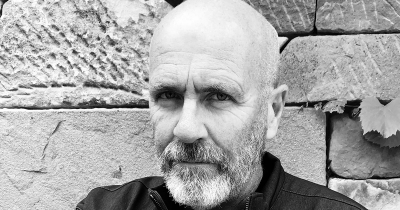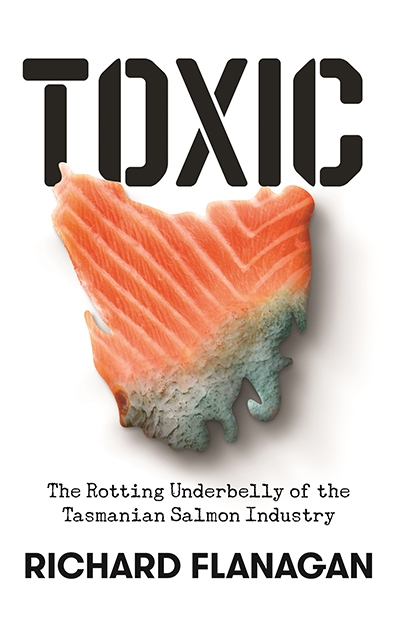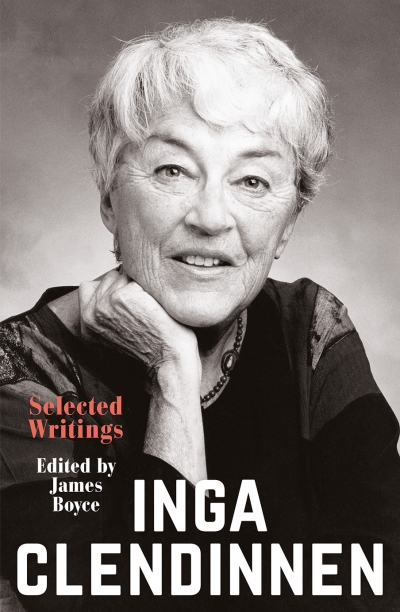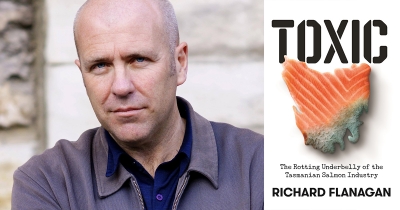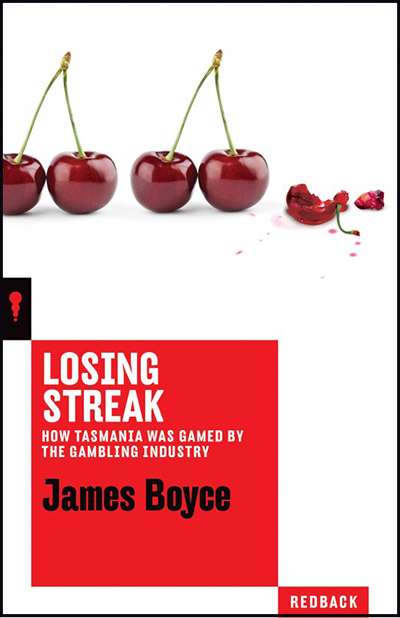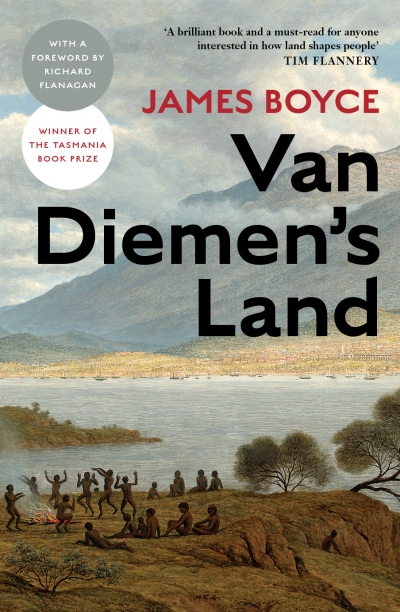James Boyce
Thirty years ago, wanting to probe deeper into the question of what it meant to make home in Tasmania, I enrolled to do my honours year at the University of Tasmania. During a discussion with the secretary of the History Department about my partially formed dissertation ideas, she urged me to read a thesis by a recent graduate whose work had greatly impressed her: one Richard Flanagan. When I read the thesis and the book that came out of it, the result can best be described as a soul shift. It was not so much the information I gained but that Flanagan’s approach to Tasmania’s past released an imaginative flow in my own research, allowing it to slowly metamorphose over fifteen years into my first book, Van Diemen’s Land. I share this anecdote, not just to highlight what was lost when universities sacked most of their administrative staff, but to show how seriously Richard Flanagan has always taken history.
... (read more)Toxic: The rotting underbelly of the Tasmanian salmon industry by Richard Flanagan
Richard Flanagan's new work, Toxic, is a startling exposé on Tasmania's salmon farming industry. From genetically altered 'frankenfish' to the use of dangerous chemicals to turn 'dead-grey flesh a marketable red', the industrial machinations uncovered in Flanagan's new work are stomach-churning. As James Boyce writes in his review, 'After the publication of Toxic, I doubt Tasmania will ever be the same again.'
... (read more)
